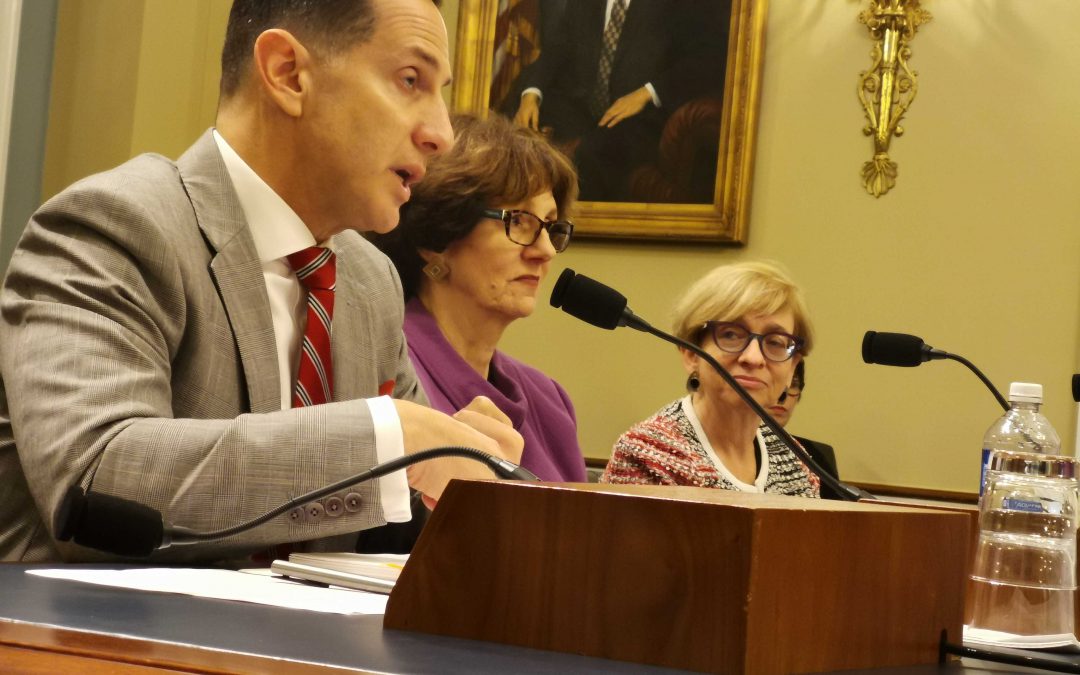WASHINGTON – Interior Department officials told the House Natural Resources Committee Wednesday that widespread sexual harassment in the agency has been addressed through aggressive investigation of allegations and extensive awareness campaigns, resulting in a nearly 50 percent reduction in harassment reports.
According to a survey conducted by the Department of Interior in 2017, 35% of its employees experienced some form of workplace harassment, while only 62% of respondents were aware of tools and resources available to victims of this type of harassment. Two years later, 18% of DOI employees reported harassment, while 94% of the workforce was aware of available resources, the officials said.
“We stand ready to help survivors and victims of sexual misconduct,” said Interior Department Inspector General Mark Greenblatt. He noted that eight of the 22 current investigations of harassment are now active criminal cases.
In 2016, numerous Interior Department employees at the Grand Canyon spoke up about ongoing workplace harassment. “The report … was so horrible and eye-opening,” said Susan Combs, assistant secretary for policy, management and budget at Interior. She attributed the incidents to a workplace climate that “didn’t make people feel heard.” After the allegations emerged, Interior instituted regular employee surveys on workplace harassment, the latest of which was conducted in April and collected 10,000 responses.
According to Chai Feldblum, a commissioner at the Equal Employment Opportunity Commission, the best way to counter sexual harassment is by fostering a culture of zero tolerance in the workplace. She noted that executives are more likely to overlook the inappropriate behavior of high-value employees and that in decentralized, remote workplaces, it is harder for workers to reach out to management and to file a complaint, especially if the harassment comes from a superior.
“It’s important having women, people of color and people with disabilities in positions of power,” Feldblum said. She said that members of minority groups and younger employees are more likely to be the victims of workplace harassment.
Combs said the Interior Department will continue its efforts to curb workplace harassment by implementing an extensive mandatory bystander training in November 2020.

